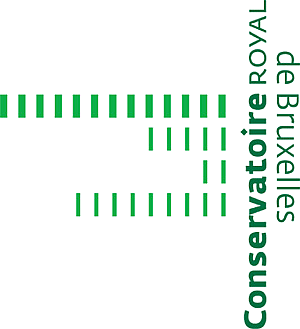Analytical lineages from Rameau (harmonic), Marpurg, Mattheson, Riepel, and Koch (rhetorical and melodic), fed by models from natural philosophy and biology, led to a rich array of descriptive analytical methods in the 19th c. The analysis of fugue, driven by basse fondamentale and Zergliederung (dismemberment), is exemplified in newly translated works by Momigny, Rejcha, Hauptmann, Sechter, Dehn, and Riemann. The analysis of form and style, harnessing old notions of rhythmic phraseology and cadence-type, and new notions of development, harmonic function, formal model, idea, and motive, is exemplified by Vogler, Rejcha, Weber, Czerny, Lobe, and Mayrberger. The classification of personal style, driven by old notions of style and manner, and new ones of childhood, adulthood, and maturity/decrepitude, are exemplified by Baini, Schlosser, Fétis, Ulybyšev, and Lenz.
Be a part of our european project !
This European project (KA 203 Strategic Partnership) created by Salvatore Gioveni promotes cross-border collaboration in the field of Music Theory through sharing knowledge and transferring pedagogical innovation. It thus responds to a lack of centralised source and framework to deepen reflection by means of cross-disciplinary study at European and international level.
There is a significant wealth of educational practices from one country to another in this sector, especially in terms of harmonic musical notation and analysis. However, HMEI's are facing the nonexistence of a European network for pedagogical staff in Music Theory so far. To improve the situation, the project will among other things develop several intellectual outputs such as Online Platform (IO 1), an EU Bibliography (IO 2), a Repository Courses (IO 3), a Multilingual Glossary (IO 4) and an Exchange Online Learning Platform.
Besides the Conservatoire royal de Bruxelles as leader and manager of the project, the following partner institutions are involved: Music Academy S. Moniuszki Gdańsk (Gdańsk, Poland), F. Liszt Academy of Music Budapest (Budapest, Hungary), Estonian Academy for Music and Theatre (Tallinn, Estonia), HfMTh "Felix Mendelssohn Bartholdy" (Leipzig, Germany).
 | 2024
| 2024








